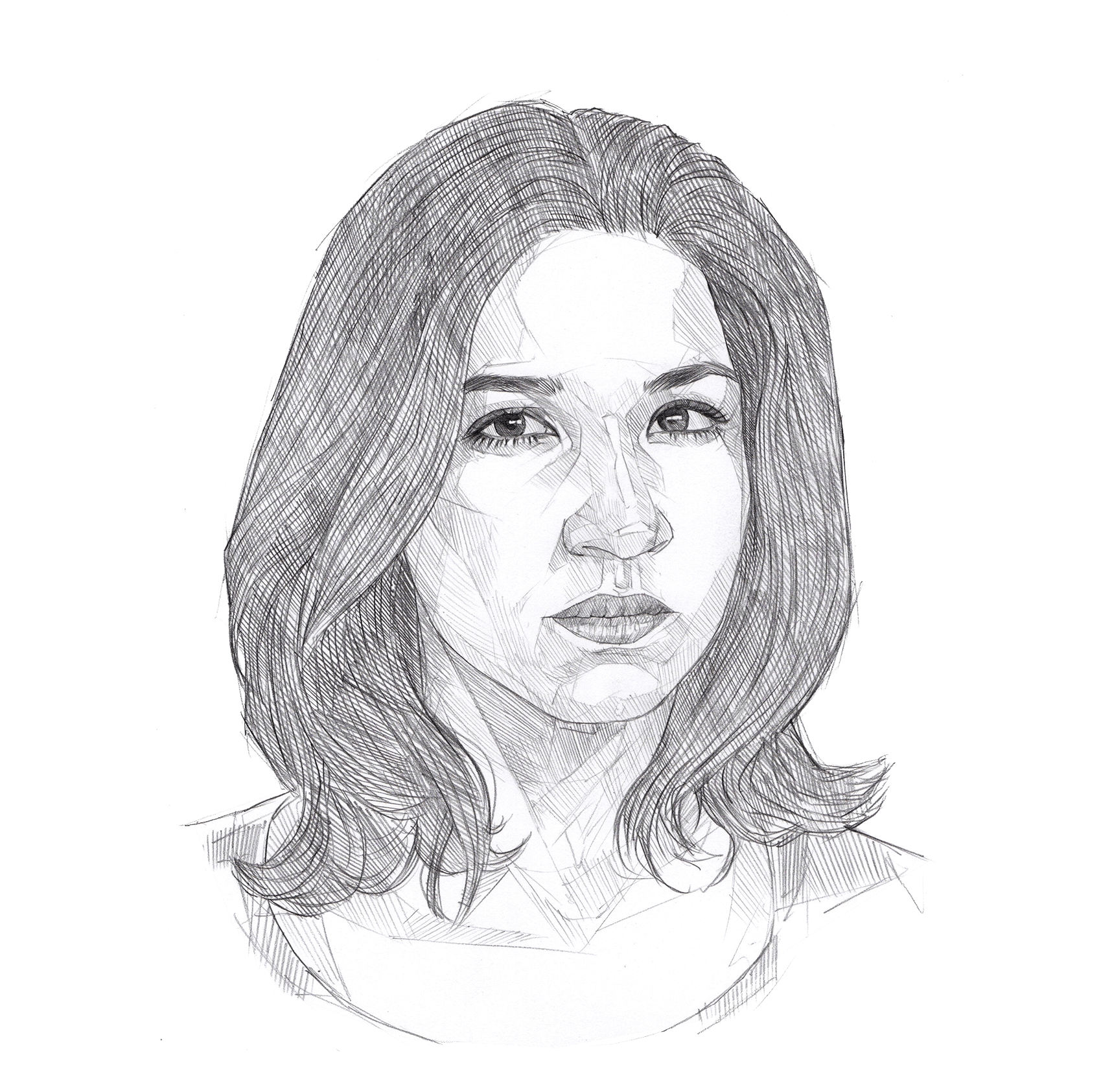Anonymity is a big question
A question I would have with the policy is the question of anonymity? 'Cause, you know, like, another participant mentioned, she had a friend that eventually had to take back her complaint, or whatever, 'cause she was pressured so much. I think that anonymity is a big question that I have, because so many times when these things come out in the university and in the open the victim is so re-pressurized and re-traumatized, that they end up taking it back because they don’t want to go through the hassle and the trauma and all they go through. So, I think anonymity is very important when it comes to things like this because it's all very sensitive. To be questioned [about] it by a number of other people is not right. So, the anonymity of the victim - how they will tackle that is not really mentioned. [...] If they have a good anonymity thing in place, I think it will make people feel more comfortable to go up. Because their name will not really come up anymore, they would feel more comfortable approaching the authorities.
Recommendations
-
Promote SANE nurses as supporters for victims/survivors. Ideally, this would happen in the context of a formal partnership with SANE nurses, which includes 24/7 availability of SANE nurse services on campus.
-
Use an app or other tool that allows students to anonymously ask questions about sexual violence and university policies against sexual violence.
-
Highlight which university staff victims/survivors can report sexual violence to so they need only report once.
-
In the policy itself and in materials and presentations promoting the policy, define "confidential" and "anonymous," and explain how these concepts pertain to the policy, university-based sexual assault services, and the limits on confidentiality and anonymity.

